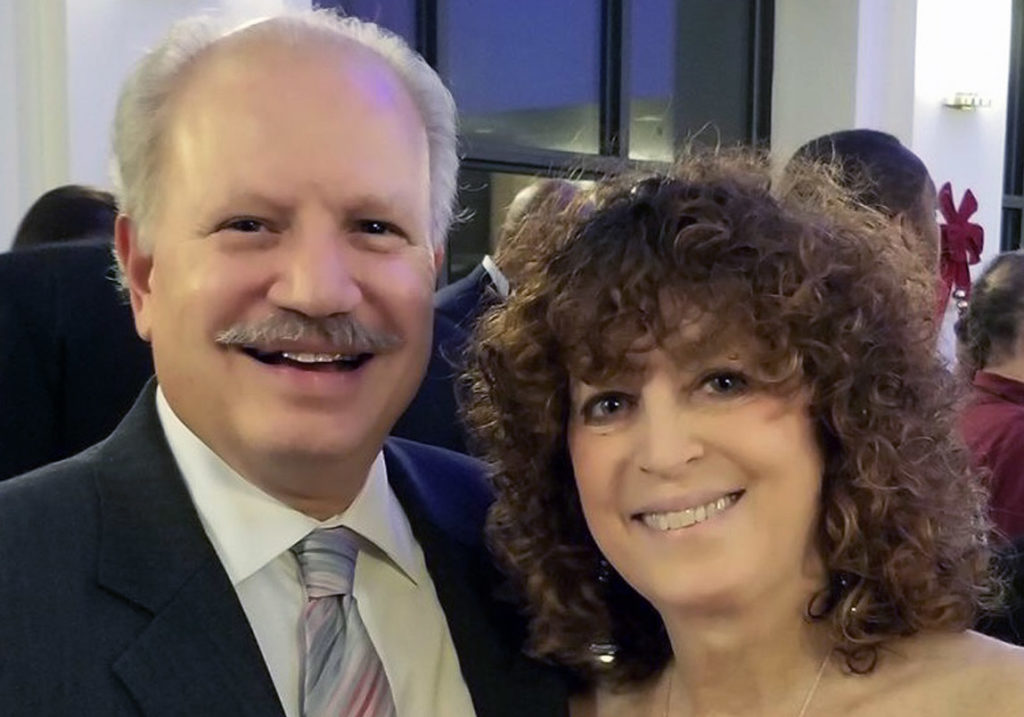Years ago, Paul Morris, D.O.’78, FACOFP, was encouraged by a fellow physician to get involved with the New Jersey Osteopathic Education Foundation. “He said it would involve only a meeting or two a year,” he says.
That launched decades of Dr. Morris’ advocacy for osteopathic medicine: He has served as president of the New Jersey Association of Osteopathic Physician and Surgeons; chairman of the New Jersey Osteopathic Education Foundation Board of Directors; and president of the Bergen-Passaic Osteopathic Medical Society. He is currently the speaker of the New Jersey House of Delegates and recently completed seven years as vice speaker of the Congress of Delegates of the American College of Osteopathic Family Physicians, of which he’s been a Fellow since 1999. He also is a past member of the Bureau of State Government Affairs and the Ethics Committee of the American Osteopathic Association.
“State and national organizations are great ways to get involved in political and financial matters, medical practice and continued medical education,” he says. “You learn how other physicians practice, and you make a lot of friends.
“Networking enriches your life,” he adds. “You may get to try things you wouldn’t have otherwise.”
In private practice in family medicine in Carlstadt, NJ, for nearly four decades, Dr. Morris has also been engaged at DMU. He joined its Alumni Board of Directors in 2015 and currently serves as vice president. He and his wife, Marcia, also recently made a leadership gift to Purple & Proud: the Campaign for Des Moines University, DMU’s $25 million fundraising effort, to establish the endowed Paul and Marcia Morris Scholarship Fund. The scholarship will benefit students from New Jersey who want to pursue osteopathic medicine at DMU.
“I’ve talked to a lot of physicians about the increasing cost of medical school. Tuition is nine times what it was in 1975, which is much greater than the rate of inflation,” he says. “That creates a big burden on students, and it may force them to go into specialties they wouldn’t otherwise and that might not be what society needs.”
According to data published last year by the Association of American Medical Colleges, the United States could see a shortage of up to 49,300 primary care physicians by 2030. Just some of the potential consequences of that shortage are a decrease in preventive care, lack of coordinated care and a negative impact on the nation’s growing number of elderly people who require treatment for multiple complex, chronic conditions. And as Dr. Morris sees it, students should be encouraged to join this important and meaningful medical field.
“Family medicine has always been my interest, and I still find it rewarding. Long-term relationships with patients make it worth it,” he says. “So does the variety. We see everything under the sun, and no two days are the same. It’s never boring.”
Dr. Morris describes the scholarship fund he and his wife made possible at DMU represents “what we can do today.”
“The fund will grow over the years. If everyone who has graduated from DMU made gifts like this, it would relieve a great burden on students,” he says. “We decided we had to start somewhere to achieve that goal.”

